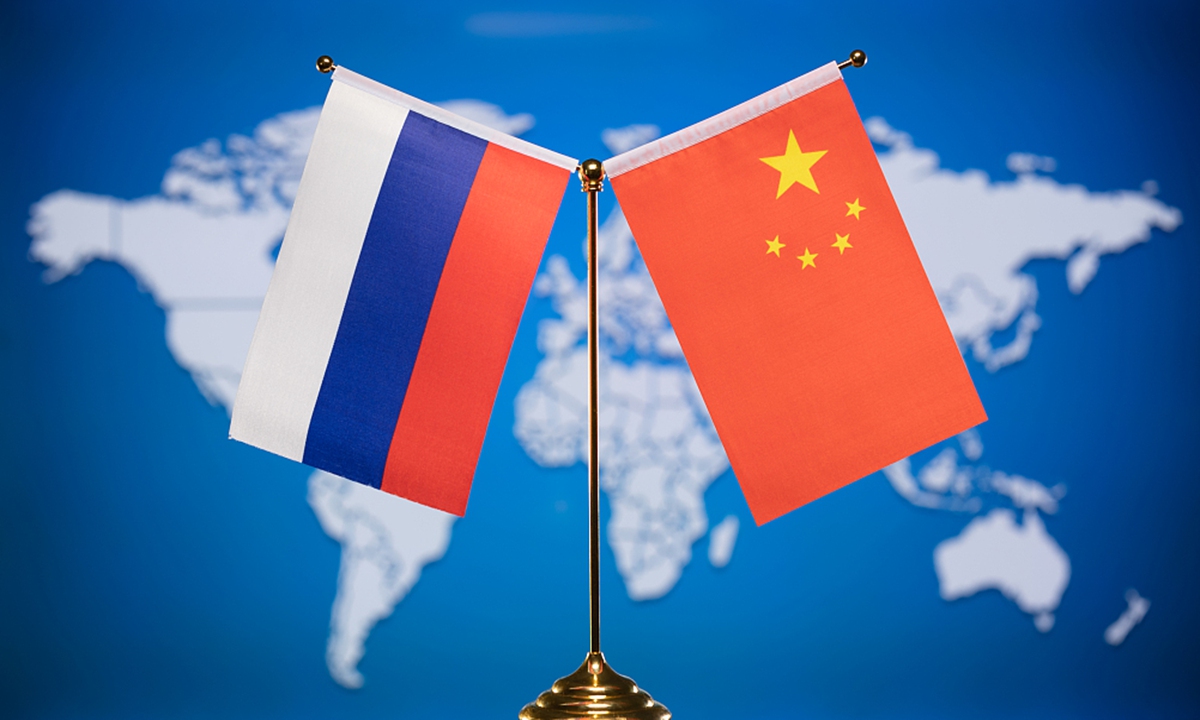
China Russia Photo: VCG
Russian electricity exports to Northeast China has been increasing sharply in recent weeks and could get a further boost if arrangements were made on prices and supplies, a Chinese energy expert said on Tuesday, noting growing energy cooperation between the two countries, particularly in oil and gas.
Russian power firm Inter RAO Group said on Monday that the company, at the request of China, has doubled exports to China since November, Russian news portal sputniknews.cn reported.
The requested amount of power imports was reportedly 555 million kilowatt hours (kWh) per month.
Inter RAO began to export at levels exceeding normal years in early October, when a power shortage hit Northeast China. The company's October exports to China were up 90 percent from planned levels.
Lin Boqiang, director of the China Center for Energy Economics Research at Xiamen University, told the Global Times on Tuesday that while China has long been importing Russian electricity, the volume has been small due to the less competitive price offered by Russian power companies.
"The high price of Russian electricity has meant for a long time that the real trade volume was at a [relatively low] level, since China's northeastern provinces usually had a power glut and could get cheaper electricity from coal-fired plants," Lin said.
Russia exports power to China via a cross-border transmission line in Heihe, Northeast China's Heilongjiang Province. The usual level of exports was 3.1 billion kWh a year. In comparison, data from Heilongjiang's provincial economic planning agency showed that the province consumed 101.44 billion kWh in 2020.
After closing most of their coal mines, China's northeastern provinces have relied on coal from neighboring provinces or imports from countries such as Russia and Mongolia. In recent months, the provinces faced a power shortage and used power rationing after coal prices jumped to record highs.
Lin said that the rise in Russian electricity imports would be temporary and recede once the shortage is overcome. Oil and gas would remain as the mainstays of China-Russian energy cooperation, which has a promising future, Lin said.
Coal shortages have been relieved to a great extent after China poured state resources into extracting more coal and dispatching it across China in a prioritized, faster manner.
In a meeting with executives with the State Grid Corp of China, the national grid operator in northern China, Vice Premier Han Zheng emphasized the importance of ensuring energy supply during the winter and the lawful management of coal prices.
Han noted efforts to improve the management of energy exports, imports and storage, the tracking of global energy prices, and guiding and stabilizing market assessments.
The National Development and Reform Commission, China's top economic planner, noted that coal inventories at centralized coal-fired plants in Northeast China have reached 12.5 million tons, up 6 million tons from September and roughly the same level as last year.

